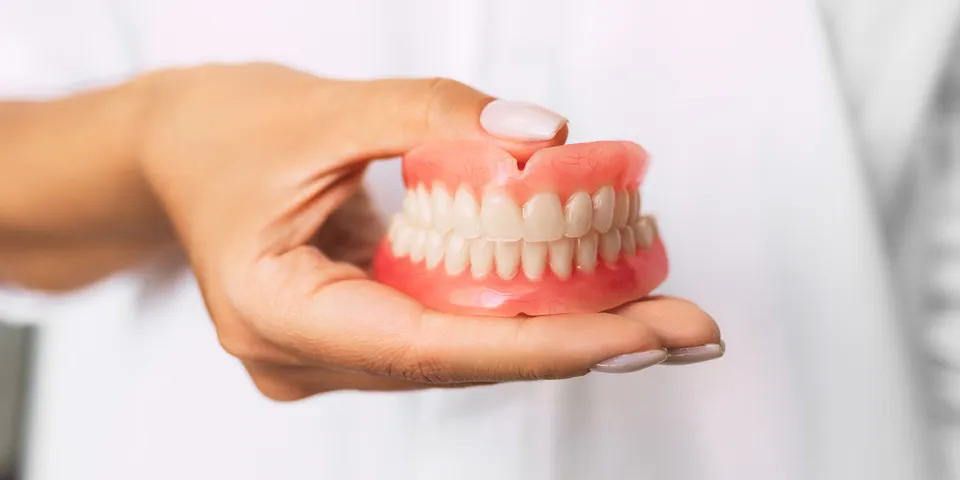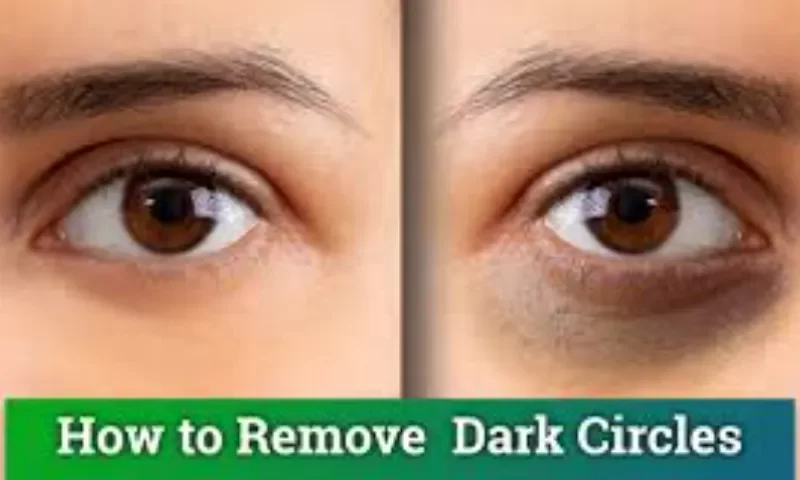It can be challenging to learn to communicate with new dentures. It might take some time to get used to your neuromuscular dentures, even if they fit perfectly. Most of the time, this is because you were speaking with completely different tools when you first learned to speak.
If you previously wore worn or missing teeth, partial dentures, or had poorly fitting dentures, your body learned to compensate. Now that you have the proper tools for speaking properly, it is still attempting to compensate.
Here are some tips you can use to practice your speech at home so you can get over the worst of your speech issues and be fully prepared to speak clearly when you do go out in public if speaking difficulties make you feel uneasy about doing so.
Do Dentures Affect Speech?
You might initially feel uneasy and awkward while using your dentures, especially when speaking in front of others. Some words may become difficult to pronounce or you may have problems with “s” or “f” sounds. Additionally, when you speak, dentures may begin to move or make clicking noises.
These obstacles can be overcome with time and practice, though they are very typical. On the other hand, since they can correct any speech or pronunciation issues brought on by tooth loss, dentures can also help you speak more clearly.
You might slur your words, lisp, or salivate excessively when you first wear dentures. When you become accustomed to them, these problems usually go away. The teeth on your dentures, however, could be made improperly if they are too big overall or too short or long for your mouth. Your tongue may experience issues as a result of how it positions itself to produce speech sounds.

Why Do Dentures Impact Speech?
You must understand the root causes of dentures’ potential problems before you can speak clearly while wearing them.
Dentures can cause lisps because our lips and tongues are used when speaking through our mouths. But when we wear dentures, we can no longer use these speech sounds. As a result, we have to create certain sounds using different parts of our bodies.
When I speak, will people notice my dentures? Absolutely, people will notice your new smile. However, practice is the key here. With time, you’ll discover that people won’t even notice that you’re wearing dentures. Your ability to adapt to wearing dentures will depend on your specific circumstances. Whether you choose conventional dentures or implant-supported ones also affects how much it varies.
You might find it difficult to pronounce the letter “s” and may find your them sounding like “th” or “sh” sounds, or experience whistling while attempting to pronounce “s” sounds after getting new dentures.
Additionally, it can be problematic to pronounce words containing “f,” “th,” and “v” sounds. In addition, you might be pronouncing something strangely rather than correctly or your teeth might be clicking.
5 Tips on Speaking Clearly With Dentures
Speak Aloud

Another effective method for honing your speaking skills in the absence of a speaking partner is to read aloud. Look for a text that will challenge your vocal range, such as Shakespeare, some poetry, or some tongue twisters from the King James Version of the Bible. You will get to practice some difficult words in this way, which will make it much easier for you to pronounce words in everyday conversation.
The drawback of this is that you won’t have anyone to assess your performance unless you’re reading aloud to someone.
Talk to Your Wife/husband
if you and your partner are still cohabitating and still get along!–they’re a great conversation partner. They’ll probably be delighted to hear you out and offer suggestions on how you might improve your speech.
The only issue is that the two of you may be so familiar with one another that you don’t need to hear one another’s words in order to understand one another, which means you might not get as good of a critique as you might from a stranger.
Talk to Yourself
Even if you don’t speak in front of groups of people often, chances are good that you’ve practiced a speech or presentation in front of a mirror at some point in your life. Just let yourself speak freely when you try it again.
The benefit of this method is that you can see yourself in the mirror, which might speed up your recovery. The drawback is that nobody else can offer feedback on your speech.
Talk-to-Type Software
Have you been considering penning a family history or memoir for some time? There’s no time like the present to get started, but speak the words instead of typing them. Using voice recognition software may make the task much simpler for you, but it will also let you know how clearly you’re speaking.
The only drawback is that it might pick up on your speech more quickly than you do.

Call Customer Service
Jonah Hill had to wear very large (and unnaturally white) false teeth to portray an immoral 1980s stock trader in the film The Wolf of Wall Street. He initially had a terrible lisp that prevented him from speaking. He practiced talking to customer service representatives on the phone in an effort to get over this. Through any means at his disposal, he would keep them on the phone for hours.
This is a method that dialect coaches frequently employ, so you ought to think about using it. Even though you won’t receive any feedback directly, you’ll be able to tell how well you’re doing from their responses.
4 Signs Your Dentures Need Adjustment
Chips Or Cracks
You might instead see chips, pitting, or cracks because not all accidents result in complete tooth loss. While they may not endanger the functionality of your denture, these things do create sharp, uneven surfaces that can irritate or even cut soft tissues in the mouth. To prevent these flaws from getting worse over time, have your denturist fill them in.
Difficulty Chewing
Normal eating habits restoration is one of the main aims of artificial teeth. You may have needed some time to get used to your dentures when you first got them. However, if you later experience greater difficulty chewing, it might be necessary to refit your dentures to precisely match the contours of your gums.
Discomfortable
There shouldn’t be any discomfort from your dentures, even though they won’t ever feel as natural as your own teeth. Consult your dentist or denturist if you experience jaw pain, uneven pressure, or other discomfort. It may be a sign of bone reabsorption if you feel a sharp or intense pain on or near your canine teeth, especially when you bite down. Consult your oral health specialist about this matter as soon as you can.
Facial Mode Changes
Your teeth significantly contribute to the full and even appearance of your cheeks. This function is carried out by dentures just as well as by real teeth. Determining whether your dentures need adjusting depends on whether you notice changes in the appearance of your cheeks or jawline.
Summary
Speaking with dentures is a novel experience, but you can get past any speech difficulties as long as you put in the necessary time and effort. To lessen speech issues, try exercises such as reading aloud, practicing speaking at various volumes, using enough dental adhesives, and biting and swallowing before speaking. Your dentures might need to be readjusted, though, if the issues continue or get worse.
FAQs
How Long Does It Take to Talk Normally After Dentures?
After 15 to 30 days after receiving their new dentures, denture wearers can speak and eat normally. Saliva production and sore spots usually stop at this point, and you can use denture adhesives to feel more at ease.
How Do You Get Rid of Lisp With Dentures?
Speaking sounds are altered by wearing dentures because they typically fit differently in the mouth than natural teeth do. Lisping should stop as you gain more practice in identifying and fixing these speech irregularities.



